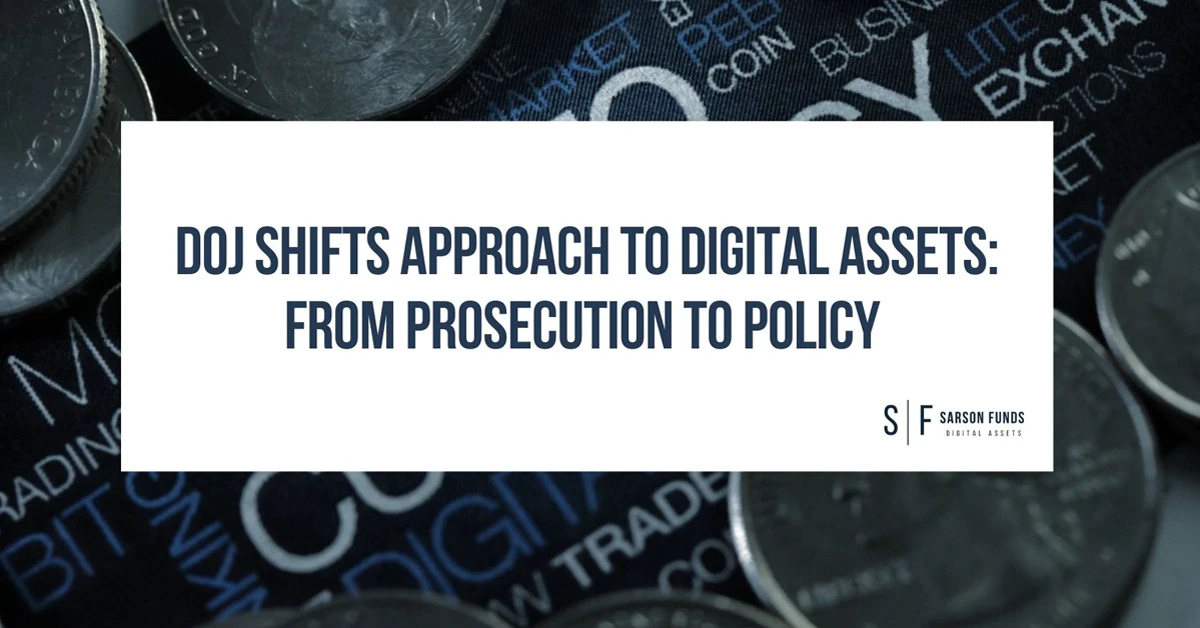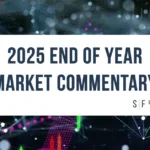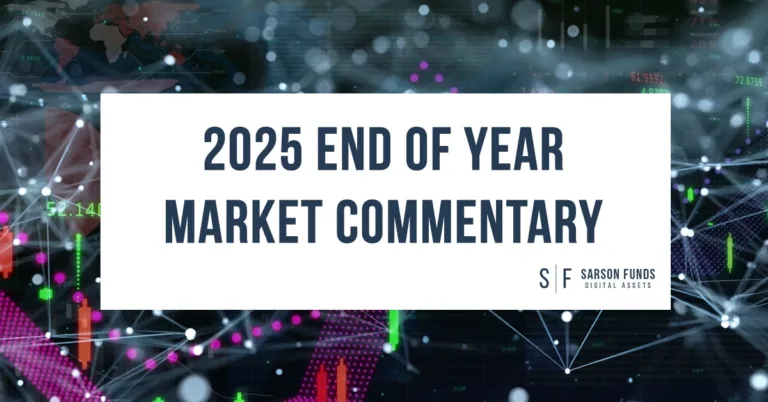
A major policy shift from the U.S. Department of Justice brings new clarity to digital asset enforcement. On April 7, 2025, the DOJ announced it will no longer pursue criminal charges based solely on regulatory violations, such as registration or licensing issues. The new guidance focuses federal enforcement on clear-cut criminal activity, while encouraging coordination with regulators to address complex compliance matters through civil or administrative channels.
The memo, issued by Deputy Attorney General Todd Blanche, formalizes what many have called an end to the strategy of “regulation by prosecution.” It was issued under Executive Order 14178, which outlines a broader federal strategy for digital asset oversight. The memo directs federal prosecutors to stop pursuing cases that hinge solely on regulatory violations, such as operating without proper licenses or failing to register digital asset offerings, unless there is clear evidence of willful misconduct. As part of the shift, the DOJ is disbanding its National Cryptocurrency Enforcement Team (NCET) and instructing that ongoing investigations not aligned with the new focus be closed.
Refocusing on Criminal Conduct, Not Regulatory Overreach
Enforcement will now center on cases involving clear criminal intent and identifiable victims. According to the DOJ, future prosecutions will prioritize fraud and misconduct that result in direct harm, including:
-
- Misappropriation of customer funds by exchanges or custodians
- Digital asset investment scams and fraudulent token launches
- Hacks targeting decentralized protocols or platforms
- Exploitation of vulnerabilities in smart contracts or DeFi infrastructure
The memo emphasizes that the DOJ’s role is to prosecute criminal behavior, not to interpret unsettled areas of financial regulation. This is especially important as legal standards around asset classification and compliance continue to develop.
Ending Uncertainty Around Classification and Licensing
The DOJ memo also outlines categories of cases that prosecutors are now discouraged from pursuing, particularly when they involve unresolved regulatory questions or lack evidence of willful misconduct. These include:
-
- Unregistered securities or commodities offerings
- Violations of the Bank Secrecy Act or state money transmitter laws
- Disputes over whether a digital asset qualifies as a security or commodity
In these situations, the memo emphasizes that criminal prosecution is not an appropriate tool for setting policy or interpreting unclear legal standards. Instead, the DOJ encourages civil and regulatory solutions led by agencies with jurisdiction over financial compliance.
Disbanding the NCET and Reallocating Resources
As part of the policy shift, the Department of Justice is disbanding the National Cryptocurrency Enforcement Team (NCET), the unit previously responsible for coordinating digital asset investigations. Responsibilities are being reassigned to the Computer Crime and Intellectual Property Section (CCIPS), which will now lead DOJ efforts in the space. Rather than focusing on prosecution, CCIPS will prioritize internal training, cross-agency coordination, and providing guidance to law enforcement on emerging threats involving digital assets.
Implications for Market Confidence
The DOJ memo acknowledges that aggressive enforcement actions may have contributed to instability in digital asset markets, particularly in the wake of collapses like FTX, Celsius, and Voyager.
By narrowing the scope of criminal prosecution, the department aims to reduce legal uncertainty and encourage lawful innovation. According to the memo, the updated policy is intended to:
-
- Support responsible development and use of blockchain technology
- Reduce the chilling effect that broad enforcement actions have had on entrepreneurship
- Prioritize recovery of stolen assets and restitution for victims when fraud occurs
- Create a clearer separation between criminal conduct and regulatory noncompliance
The guidance reflects a broader effort to stabilize the regulatory environment while maintaining accountability for misconduct.
A Role in Policy Formation, Not Just Enforcement
Under Executive Order 14178, the DOJ will also take part in broader federal efforts to shape digital asset policy. As a member of the President’s Working Group on Financial Markets, the department will help develop proposals that support investor protection and financial stability. While the DOJ does not serve as a regulator, the memo signals its intent to play a collaborative role in legislative reform, particularly in areas such as asset recovery, fraud prevention, and cross-border enforcement coordination.
Regulatory Clarity Still Pending
While the DOJ’s memo eases pressure on digital asset firms, it does not resolve the broader lack of regulatory clarity in the United States. Key questions remain unresolved, including whether certain tokens qualify as securities and which agency should have primary jurisdiction. Without updated legislation or clearer rules from the Securities and Exchange Commission (SEC), the Commodity Futures Trading Commission (CFTC), or Congress, some legal experts warn that the shift in enforcement may create a period of uncertainty. Long-term stability, they argue, will ultimately depend on coordinated action across both regulatory and legislative bodies.
Conclusion
The Department of Justice’s updated guidance marks a pivotal change in how the federal government approaches digital asset enforcement. By narrowing its focus to clear criminal activity and stepping back from interpreting unsettled regulatory issues, the department is signaling a more targeted and collaborative approach to oversight. While the change may help restore market confidence and reduce legal friction, its long-term success will depend on whether other arms of government move to clarify the rules of the road. For the digital asset ecosystem, the move reflects a shift in tone that may encourage responsible innovation within a more predictable legal environment.
Disclosures: This article is for informational purposes only and should not be considered financial, legal, tax, or investment advice. It provides general information on cryptocurrency without accounting for individual circumstances. Sarson Funds, Inc. does not offer legal, tax, or accounting advice. Readers should consult qualified professionals before making any financial decisions. Cryptocurrency investments are volatile and carry significant risk, including potential loss of principal. Past performance is not indicative of future results. The views expressed are those of the author and do not necessarily reflect those of Sarson Funds, Inc. By using this information, you agree that Sarson Funds, Inc. is not liable for any losses or damages resulting from its use.









